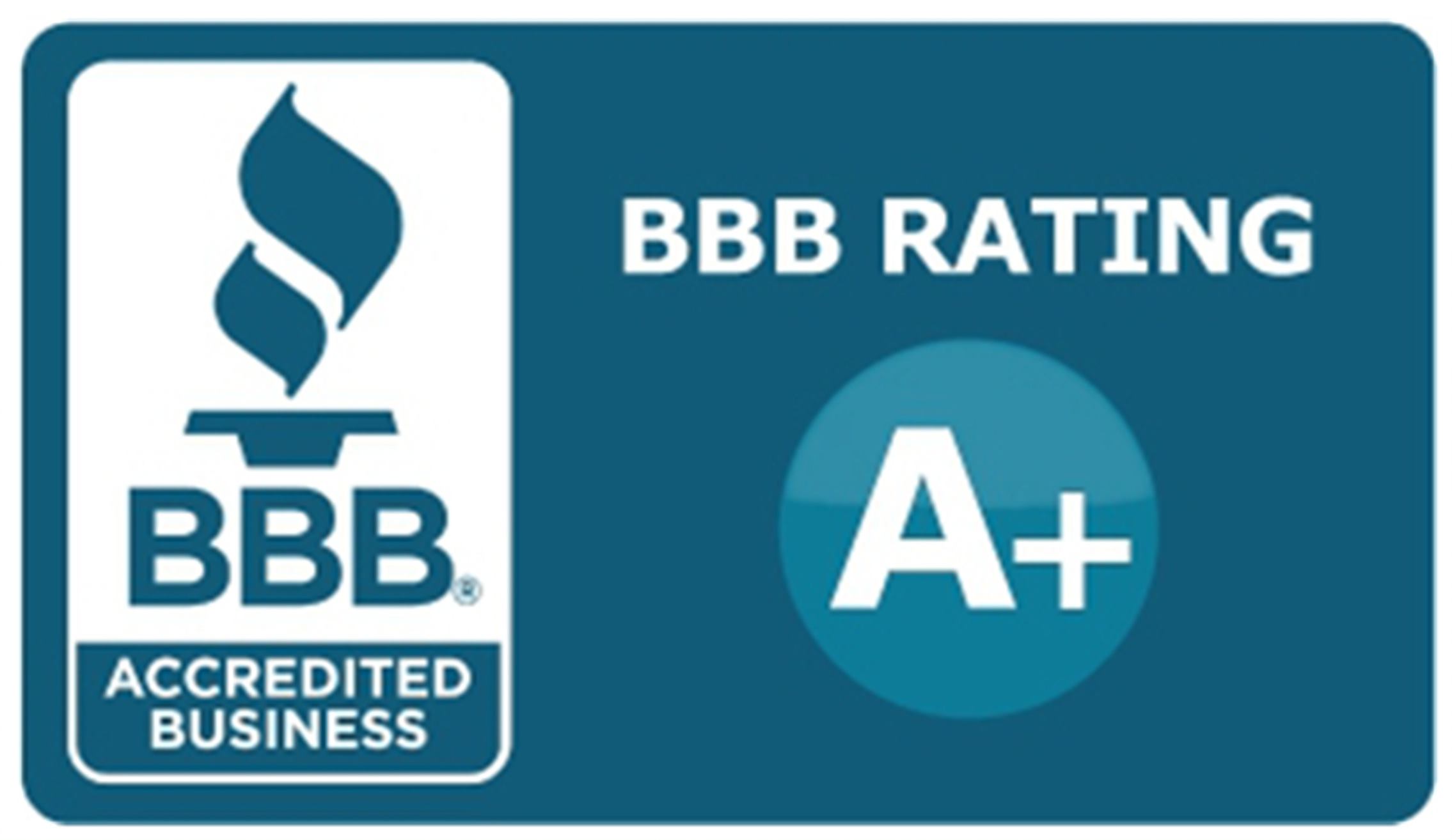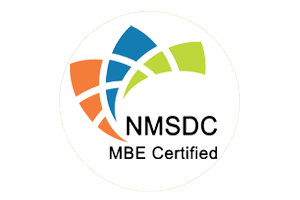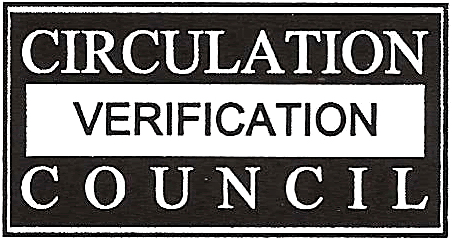While different accounts will claim different demographics as the fastest growing in terms of entrepreneurship, the one constant between each is that they are marked by findings which show a minority leading the pack towards searching for their American dream.
Whether that’s Black Women, Hispanics, or First-Generation Immigrants, they’re all minority groups who have decided to work for themselves by starting their own projects or their own stores, offering their own products or their own services to help keep the bills paid, put food on the table, and, hopefully, be able to grow the business to live more comfortable lives.
However, while these are the fastest growing business owner segments, they’re also the most in need of resources to help them out as they’re getting started.
Minority businesses are at a disadvantage despite growth opportunities.
Barriers for Minority Owned Businesses to Growth
Most noticeably, there’s a large discrepancy in regards to the capital and loans these minority owned small businesses are able to access as the companies less likely to be approved for loans, and, if they are approved, they often receive lower amounts at higher interest rates, which only further makes finding success as an entrepreneur all the more difficult.
This lack of access to capital also extends to make other areas of running their own businesses more difficult. In certain cases, they may have tried to use different accounting software or marketing tools or even Customer Relationship Management (CRM) software, only to find that it was too complicated, took too much time away from their ability to make money in the present, or even that it didn’t deliver the results they were hoping.
And, while they could hire someone else to help take care of it, with the fear of applying for a loan that likely wouldn’t cover the expenses needed, or the fear of the investment not paying off immediately, access to these resources, employees, or even freelancers becomes a cost they can’t afford, even though it holds back their short and long term growth.
More specifically, with Hispanic run businesses, this lack of access to resources is echoed even further in the fact that non-Latino businesses are more than 3x as likely to see over $1 million in revenue.
To help put this in consideration, during 2012-2016, the number of Latino owned businesses grew by 31.6%, doubling the number of non-Latino owned business during that same time.
And that growth also helped to contribute more than $709 BILLION to the U.S. economy in 2017 based on sheer volume alone.
Benefits to Helping Minority Owned Businesses & Dangers They Now Face
As should be, much is made of jobs in the United States. Not only do our jobs help to keep the economy going, they provide funds to support government programs for education, mental health services, and more. More importantly, for each entrepreneur and each employee, they also provide means for families to feed their children and, when working for the right company, provide a source of pride.
However, jobs in the United States are generally portrayed as companies moving factories and warehouses overseas and talks about how the unemployment numbers increased or decreased more or less than expected.
But, what gets lost in all of this, is that with access to these resources and capital that non-minority entrepreneurs are able to tap into, with everything set as a normal playing field, minority owned businesses would be able to start up an additional 1 million U.S. businesses.
And from those 1 million U.S. businesses, create 9.5 MILLION additional U.S. jobs in the United States.
However, without the same access to capital, many minority owned businesses are facing a similar fate as to previous recessions and depressions as 41% of Black-owned businesses have shuttered their doors compared to 17% of white-owned businesses.
Without access to resources, and not just in the form of capital, but to also help their businesses stay afloat during difficult times, it also seems more likely that we’ll see even further cuts into what could become potential job boons for the economy when the world starts to reopen.
How Some Companies Are Already Helping
While student loans and tax payments were deferred for a period of time, other companies were offering discounts on the B2B educational subscriptions.
Chambers of Commerce were compiling lists of resources for financial aid as well as tips and tricks for how to keep businesses afloat.
For one company though, the efforts weren’t necessarily enough as the resources still didn’t necessarily provide education and opportunities for reaching out to new clients and improving their revenue stream.
In the process, El Clasificado has shifted their priorities. As a well-known company across the United States for their online classified portal, the company has offered free advertising, often to small businesses to help promote their products as well as their free Su Socio de Negocios (Your Partner in Business Expo series), which helps provide Spanish-language education to Latino business owners to help these companies grow.
In the past months, they’ve also expanded this operation, as Directors and Managers have often participated in more webinars to help Hispanic entrepreneurs learn about how to gain access to PPP loans, provided additional training for five staff members to be able to launch eBooks for business owners (as well as eBooks for the general public to provide education on how to stay safe during this time), and, is in the process of creating their first virtual job fair to help Latinos who may have lost their employment as businesses shut down or furloughed workers.
These resources, while vital to the community, are also vital to ensuring the health of many small business who were already access to tools and skills that could help them grow their companies, and also to continue to provide more jobs for the U.S. population.
And, while this is just a couple of steps in the process of many, as other companies follow, it can become many to help ensure equality and opportunity for all.





